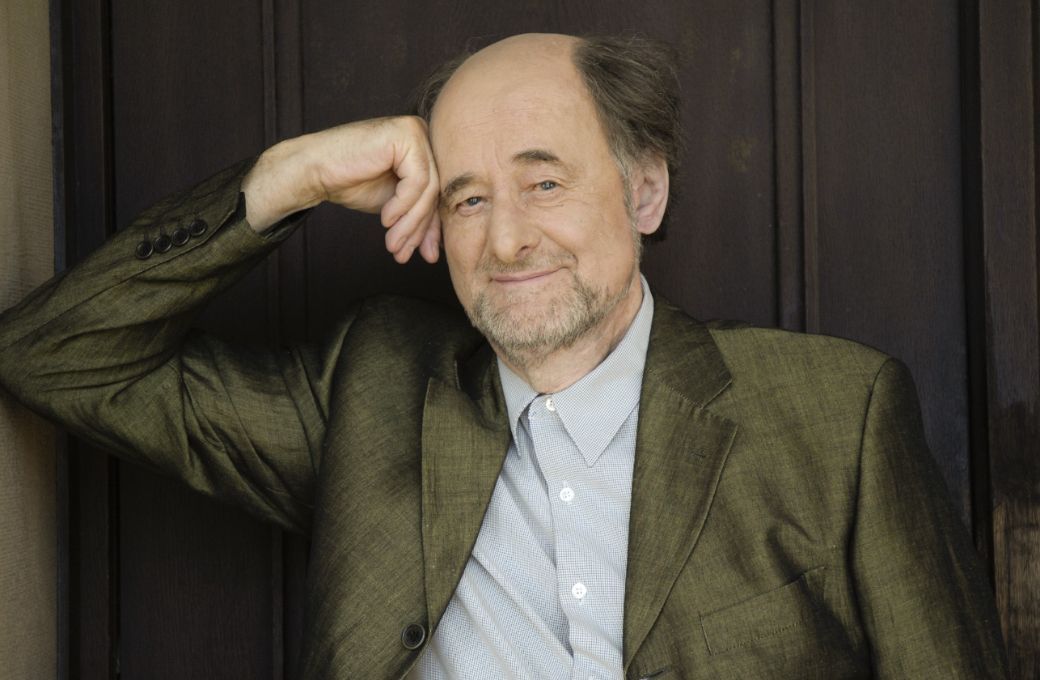“Music has always been a game for me. It’s been entertainment. It’s been very serious, but serious fun.” The conductor Sir Roger Norrington, who died on Friday 18th July aged 91, enjoyed provocation. He was a period instrument pioneer, who expanded the scope of historically-informed performance practice way beyond the Baroque and Classical periods, charting new territory. He often likened his work to lobbing hand grenades into the classical music establishment, but his work has made a lasting impression on the musical landscape, redefining how Beethoven, Brahms et al should be performed, even by modern instrument orchestras.

Norrington was born into a university family in 1934 (his father was Vice Chancellor of Oxford). He read English Literature at Cambridge University and, after graduating, worked at Oxford University Press and sang tenor in an amateur choir. He stumbled across the music of Heinrich Schütz and in 1962 established the Schütz Choir to perform his music. In 1965, he founded the London Baroque Players, largely to accompany the Schütz Choir in choral works like Messiah or Bach’s Mass in B minor.
Eventually, Norrington resigned his job at OUP and studied conducting with Sir Adrian Boult at the Royal College of Music. In 1978 the LBP became the London Classical Players, the orchestra with which he undertook most of his pioneering work. As Norrington himself explained, “the LCP was not a career vehicle – it was a laboratory for finding out how to play Classical and Romantic music” on instruments of the period.
Their Beethoven was revolutionary, Norrington taking the composer’s (sometimes controversial) metronome markings as gospel, but also redefining the size of the orchestra, seating arrangements and the style of playing, particularly eschewing the use of vibrato. Norrington was the first conductor to expand these ideas into the Romantic period – even applying them to Brahms, Tchaikovsky, Wagner and Mahler. Many of the ideas he proposed were taken up by modern instrument orchestras. Norrington himself achieved bracing results with his orchestras in Salzburg, Stuttgart and Zurich. From 1969-84 he was also Music Director of Kent Opera. He was knighted in 1997.
Norrington and the LCP held a series of “experience weekends” at London’s Southbank Centre, each devoted to a particular composer, featuring rehearsals, lectures and performances. One of these was devoted to Hector Berlioz. In 2019, Norrington contributed a wonderful article for our Berlioz 150 anniversary series, writing about the Symphonie fantastique, “a piece of Romantic art as fresh as paint”.
In the 1990s, Norrington was diagnosed with skin cancer and a brain tumour and at one point was only given months to live. The LCP was duly dissolved in 1997, many of the players ending up with the Orchestra of the Age of Enlightenment, where Norrington continued his pioneering work, continuing to lob his hand grenades – gently – until he announced his retirement in November 2021, departing with a twinkle still in his eye.
Sir Roger Norrington (16th March 1934 – 18th July 2025)


